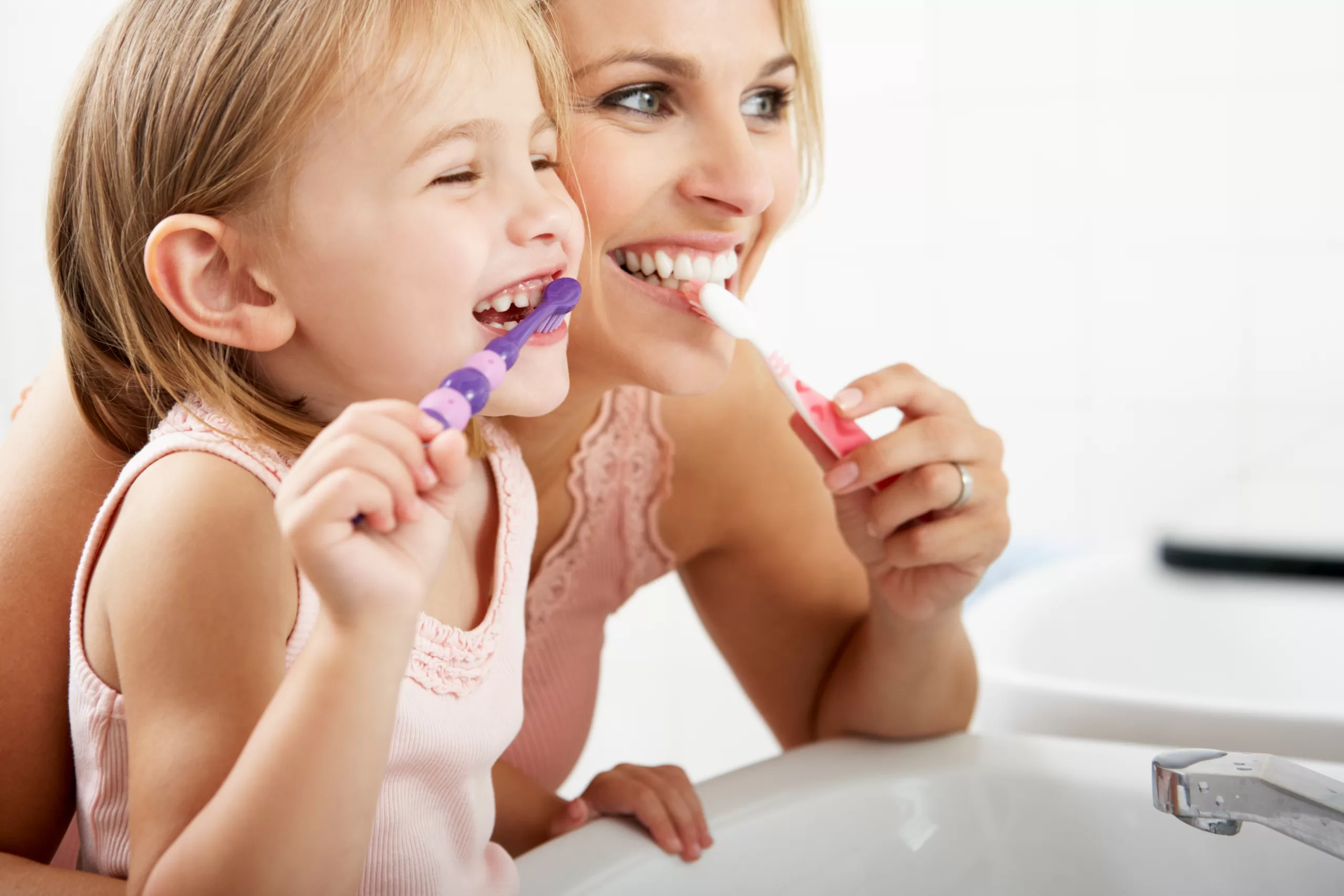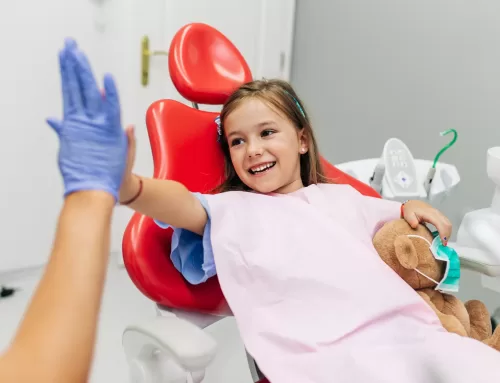Oral health is a vital aspect of overall well-being, and instilling good dental habits in children is an investment in their future. By teaching kids how to properly care for their teeth and gums from a young age, we can help them maintain healthy smiles throughout their lives. In this blog post, we’ll explore the importance of oral health education for children and provide practical tips for parents and educators to make it a fun and engaging experience.
Why Oral Health Education Matters
- Preventive Measures: Dental issues such as cavities, gum disease, and tooth decay are often preventable with proper oral care. Teaching children good dental hygiene habits can significantly reduce their risk of developing these problems in the future.
- Healthy Habits: Learning to brush, floss, and rinse regularly teaches children discipline and responsibility, skills that will benefit them in various aspects of life.
- Confidence Booster: A bright, healthy smile boosts a child’s self-esteem and confidence. Good oral health can prevent self-consciousness about appearance and social interactions.
- Cost Savings: Preventive dental care is more cost-effective than treating dental problems once they arise. Teaching children good oral hygiene can save families money on dental bills.
Tips for Teaching Children About Oral Health
- Lead by Example: Children learn by observing adults, so make sure you demonstrate good oral hygiene practices. Brush and floss together as a family to make it a routine activity.
- Make It Fun: Turn brushing and flossing into a game or challenge. There are toothbrushes with colorful characters, fun-flavored toothpaste, and floss with kid-friendly designs to make oral care exciting.
- Educational Resources: Utilize educational materials such as books, videos, and websites specifically designed to teach kids about oral health. These resources often use engaging visuals and stories to convey important lessons.
- Regular Check-ups: Schedule regular dental check-ups for your child. These visits not only ensure their oral health but also familiarize them with the dentist‘s office, reducing dental anxiety.
- Limit Sugary Treats: Excessive sugar consumption is a leading cause of dental problems. Encourage a balanced diet with limited sugary snacks and beverages.
- Reward System: Create a reward system for consistent oral care. Offer small rewards for completing daily routines, like stickers on a chart or a special treat.
Teaching children how to take care of their oral health is a valuable life lesson that will serve them well into adulthood. By emphasizing the importance of good dental hygiene, parents and educators can empower children to maintain healthy smiles, boost their confidence, and save on dental expenses. Remember, the key is to make oral health education enjoyable and engaging, so it becomes a lifelong habit rather than a chore. With the right guidance and a little creativity, we can ensure that our children have smiles that last a lifetime.




